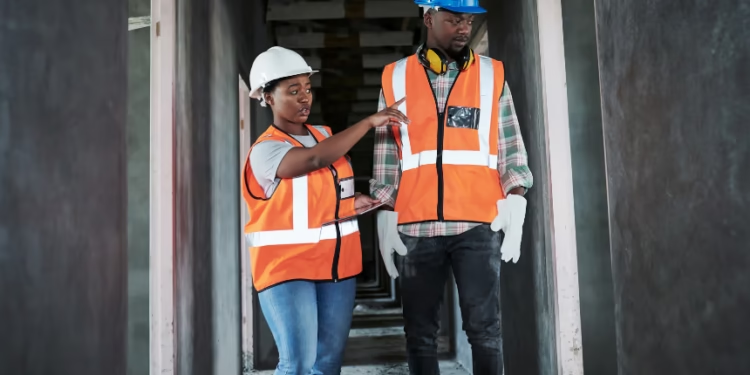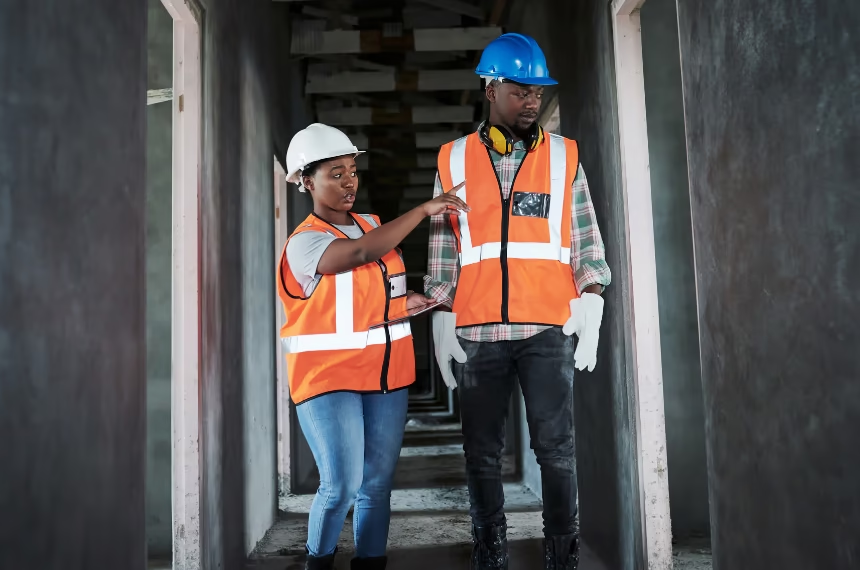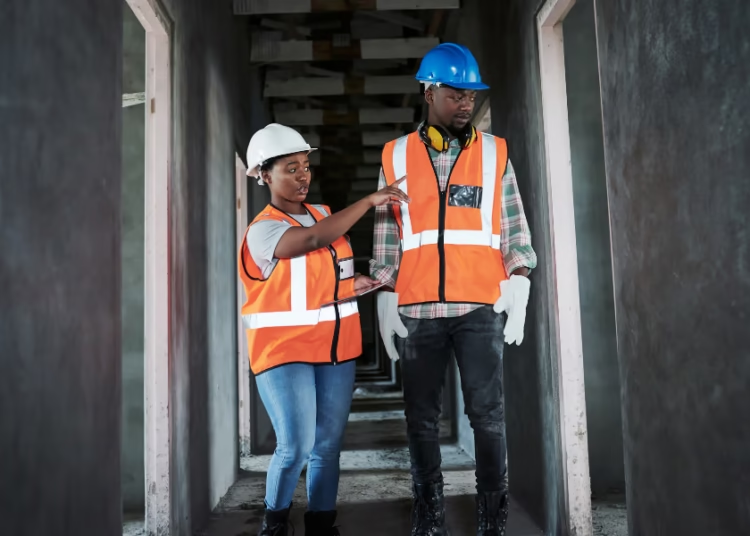South Africa’s construction sector delivered the strongest employment growth in the third quarter, adding 130,000 jobs as infrastructure spending begins to rise, President Cyril Ramaphosa told the National Construction Summit in Johannesburg on Thursday.
Addressing government leaders, industry bodies and civil society groups, Ramaphosa pointed to labour figures released this week.
The Quarterly Labour Force Survey reported a total increase of 248,000 jobs and a decline in the official unemployment rate to 31.9 percent. He said construction “was the biggest contributor” to the improvement.
The summit, held Nov. 13 to 14, brings together government leaders, industry professionals and innovators to address delivery challenges, improve performance and support a more capable and inclusive construction sector.
Ramaphosa linked the surge to a stream of public and private investment. He highlighted more than 250 funded projects worth over R230 billion ($13.56 billion) that were presented earlier this year at the Sustainable Infrastructure Development Symposium. The projects span water, energy, transport and digital networks.
He said the sector’s recovery must hold to support broader economic progress. Infrastructure is “poised to once again become the flywheel of the economy,” he told delegates.
Government plans to spend R1 trillion ($59 billion) on infrastructure over the medium term, with capital payments projected to grow at 7.5 percent.
The president outlined reforms to speed up delivery. These include changes to public-private partnership rules, guidelines for unsolicited bids and steps that prevent underperforming contractors from securing state work.
He said each Public Works department will set up a Procurement War Room to identify delays and keep projects moving.
Ramaphosa added that criminal threats to infrastructure must be met firmly. “We will not negotiate with construction mafias,” he said, adding that law enforcement agencies will act against cable theft and vandalism.
He said the latest jobs data points to renewed activity and that the country is entering a period where infrastructure work can support communities, strengthen services and lift employment. “We are beginning to witness the recovery of our construction industry,” he said.






























